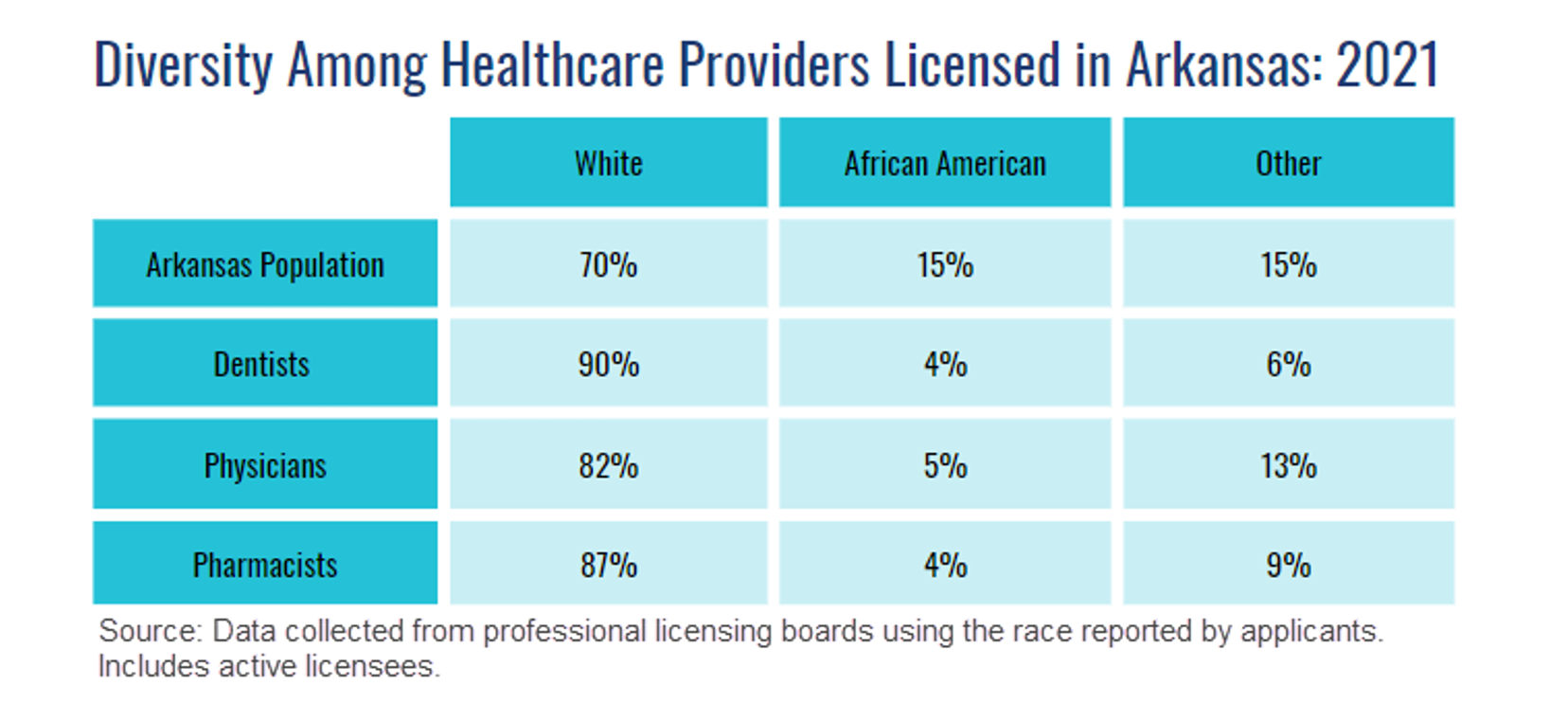
Author
Jennifer Wessel, JD, MPH
Senior Policy Analyst and Data Privacy Officer
Contact
ACHI Communications
501-526-2244
jlyon@achi.net
The Arkansas Medical, Dental and Pharmaceutical Association celebrates its 130-year anniversary this weekend in Little Rock in conjunction with the 2023 National Medical Association Region V and Arkansas Medical Dental and Pharmaceutical Association Health Equity and Scientific Conference. The theme of this year’s conference is “Comprehensive Approach to Advancing Health Equity Through People, Practice and Policy.”
The AMDPA is a professional association of minority doctors, dentists, and pharmacists. The association was founded in 1893 by a group of black healthcare professionals with the purpose of addressing health disparities that affect underserved Arkansans. AMDPA’s membership is distributed throughout the state, with practices in community health centers, the University of Arkansas for Medical Sciences, private hospitals, and private practice clinics.
Among the goals of the AMDPA is to increase the diversity of the healthcare workforce in Arkansas, a continuing challenge as described in the Arkansas Minority Health Commission’s 2022 Arkansas Health Workforce Report. The report notes deficiencies in the collection of demographic data by health professional licensure boards, which limits the ability to monitor and identify provider shortages and opportunities for quality improvement.
An ACHI analysis with findings in the table below compares race demographics for dental, medical, and pharmaceutical licensees to race demographics of the general population. ACHI is currently conducting an analysis to assess healthcare workforce access challenges, including those resulting from a lack of diversity in our healthcare workforce.

Underrepresentation of minorities in the healthcare workforce leads to medical mistrust, access issues, and lack of cultural competence. Studies show that patients rate their experience with providers of their own race higher than when they see a provider from another race. In addition, racial differences are often barriers to partnership and effective communication. A good provider-patient relationship is key to trust. Without it, patients may not access important healthcare services. Training a diverse pipeline of healthcare professionals is a valuable strategy to address the specific needs of underserved communities. With the emergence of three new medical schools, including one in Northwest Arkansas expected to begin classes in 2025 and a dental school in Little Rock expected to welcome students in 2024 or 2025, academic institutions should strive to be active participants in promoting diversity.
Visit the AMDPA website for more information about the organization.





